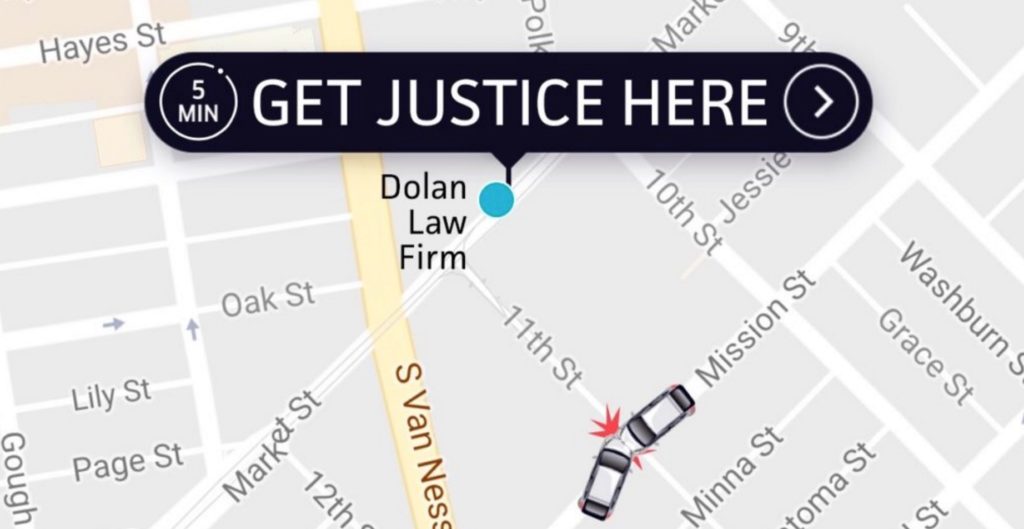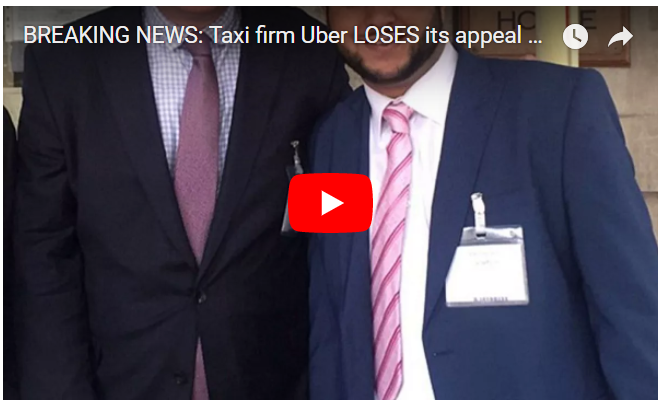 London 10/11/2017, The ride-hailing firm Uber has lost its appeal against a ruling that its drivers should be classed as workers with minimum-wage rights, in a case that could have major ramifications for labour rights in the growing gig economy.
London 10/11/2017, The ride-hailing firm Uber has lost its appeal against a ruling that its drivers should be classed as workers with minimum-wage rights, in a case that could have major ramifications for labour rights in the growing gig economy.
Uber, which claims that drivers are self-employed, said it would launch a further appeal against the Employment Appeal Tribunal decision, meaning the case could end up in the Supreme Court next year.
Uber challenged the ruling at the tribunal in central London, warning that it could deprive riders of the “personal flexibility they value”. It claims that the majority of its drivers prefer their existing employment status.
The Independent Workers’ Union of Great Britain (IWGB), which backed the decision, said drivers will still be able to enjoy the freedoms of self-employment – such as flexibility in choosing shifts – even if they have worker status.
The union said the decision showed companies in the gig economy – which involves people on flexible working patterns with irregular shifts and minimal employment rights – have been choosing to “deprive workers of their rights”.
The decision, which affirmed a ruling issued last year, means that Uber will have to ensure that its drivers in Britain receive a minimum wage and paid time off. That creates problems for a common hiring model in the so-called gig economy that relies on workers who do not have formal contracts.
Companies argue that using such a model increases flexibility on both sides of the hiring equation, but critics counter that the system is exploitative and deprives employees of important safeguards like unemployment insurance.
The ruling on Friday was the second blow to Uber’s business here in recent months. In September, London’s transport authority barred the company from operating in the British capital.
In the case before the employment tribunal, two men, James Farrar and Yaseen Aslam, had challenged Uber on behalf of a group of 19 drivers, saying that the service had denied them basic protections by classifying them as self-employed. Uber countered with an argument it has used around the world: Its drivers were independent contractors.
“You can hide behind technology, but the laws are there, and they need to be obeyed and respected,” Mr. Aslam, 36, said in an interview after the tribunal issued its decision. “The impact of this ruling could affect thousands of drivers, and not just drivers but millions of workers across the U.K.”
“It just means we can’t be exploited,” he added.
The acting chief of Uber’s British operations, Tom Elvidge, said the company would appeal the decision, either to the Court of Appeal or to Britain’s Supreme Court.
The employment case here is one of several challenges that Uber faces. Although the company has expanded at a breakneck pace and grown into a behemoth valued at $70 billion, it has had to grapple with allegations that it does not do enough to vet its drivers, revelations that it used software to evade the gaze of the authorities and other issues.
Complaints about an aggressive workplace culture forced Travis Kalanick, a founder of the company, to resign as chief executive this year. He was succeeded by the former chief executive of Expedia, Dara Khosrowshahi, who has displayed a more conciliatory style.
As part of his softer approach, Mr. Khosrowshahi went on a charm offensive last month in an effort to win over the London transport authorities. Uber is appealing the London ban, which declared the company not “fit and proper” to operate in the city. Uber was allowed to continue operating in the city until a final ruling was made in the case.
Uber’s operations in London are crucial to its global expansion. The company started operating in the city in 2012, and now offers its services in dozens of cities nationwide. About 40,000 people drive for Uber in the British capital, and the company says that three million customers have used the app in London at least once in the past three months.
Opponents of Uber argue that it is able to undercut rivals on price largely because of its employment practices, which mean it can avoid paying some of the costs and contributions required by permanent employees. But the company’s business model is facing challenges across Europe. The region’s highest court is expected to rule by year’s end in a case involving whether Uber should be regulated as a taxi service, which would make it subject to rigorous safety and employment rules, or as a digital platform that simply connects independent drivers and passengers.
Labor experts say that laws in most countries have failed to keep pace with advances in technology and the rise of the gig economy. In Britain, for example, the main piece of legislation that regulates how workers are treated was passed in 1996.
“The legislation is old,” said Susannah Kintish, a partner at the law firm Mishcon de Reya who specializes in employment law. “It came out when the Spice Girls had their first hit. It’s just way out of date.”
↘ Click to discuss this topic in the RSDU forum
Please Vote:





